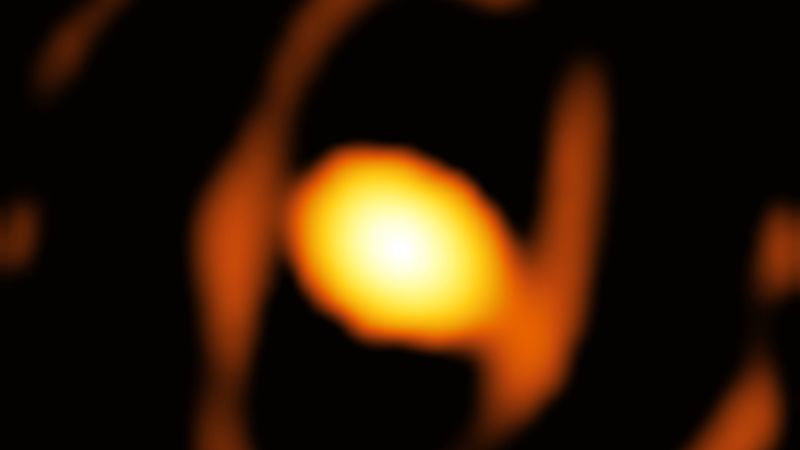
Meteorological Satellites
Meteorological satellites are spacecraft designed to observe and collect data about the Earth's atmosphere, weather patterns, and climate. These satellites are equipped with various instruments such as radiometers, spectrometers, and sounders that measure different parameters such as temperature, humidity, wind speed and direction, cloud cover, and precipitation. The data collected by meteorological satellites is used to create weather forecasts, monitor severe weather events such as hurricanes and typhoons, and study long-term climate trends. Meteorological satellites can be polar-orbiting or geostationary, depending on their orbit and mission objectives.
Your Previous Searches
Random Picks
- Space Stations: Space stations are artificial structures designed for humans to live and work in space for extended periods of time. They are typically placed in low Earth orbit and serve as a base for scientific research, space exploration, and internatio ... Read More >>
- Performance Parameters: In the context of aerospace engineering, performance parameters refer to the set of quantifiable measures that are used to gauge the efficiency, effectiveness, and capability of an aerospace system or component. These parameters are critica ... Read More >>
- Gas Processing: Gas processing is the process of converting raw natural gas into marketable products. This involves removing impurities and contaminants from the gas stream, as well as separating and recovering valuable natural gas liquids (NGLs) such as e ... Read More >>
Top News

Archaeologists discover 4,000-year-old canals used to fish by predecessors of an...
Using drones and Google Earth imagery, archaeologists have discovered a 4,000-year-old network of earthen canals in what’s now Belize...
News Source: ABC News on 2024-11-22

First close-up image of a star beyond our galaxy may reveal impending supernova...
Astronomers have taken the first close-up image of a star beyond our galaxy, and it’s a “monster star” surrounded by a cocoon as it slowly dies....
News Source: CNN on 2024-11-21

Bestselling author explains the science of happiness: "You can do the work"...
Bestselling author and Harvard professor Arthur Brooks opens up about how enjoyment, satisfaction and meaning in life can increase a person's wellbeing....
News Source: CBS News on 2024-11-18

November's full moon, known as the Beaver Moon, is the last supermoon of 2024. H...
November's full moon, known as the Beaver Moon, is the last supermoon of 2024. Here's when it peaks and why it's called the Beaver Moon....
News Source: CBS News on 2024-11-15

You can't put a price on the sense of awe particle physics inspires...
Astronomy and particle physics are no longer seen as vital by the US establishment, so funding has fallen. But our work creates a sense of wonder, and wonder matters, says Chanda Prescod-Weinstein...
News Source: New Scientist on 2024-11-13